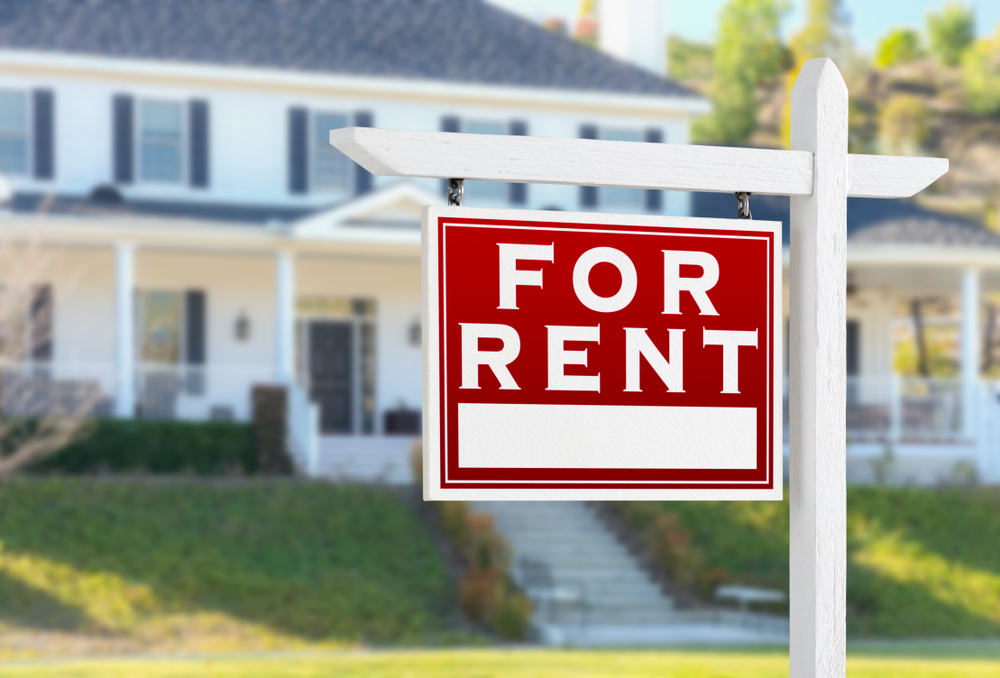
The COVID-19 pandemic has had a significant impact on incomes and jobs. It has brought about changes in many areas, rental laws among them. As people deal with job losses and loss of income, governments have been trying to protect struggling tenants.
Lawmakers have modified the laws to prohibit property landlords from imposing punitive fees and penalty charges to their tenants. In many places, the penalties for late rent have gone through modification. In some locations, tenants have been allowed to use their security deposits to cover monthly rent.
Tenancy and Rent Arrears
The law is protecting many tenants from eviction due to delayed or non-payment of rent. This is a widespread condition that has affected people in different income brackets. By making changes in the laws of eviction, many tenants have remained in their homes as they look for alternatives.
The laws differ depending on the location. Governments are careful not to punish the property owners even as they try to protect the tenants. However, the laws do not apply to tenants who have not been financially affected by the pandemic.
Late Fees and Penalty Charges
Rental laws have in the past been clear about penalties on late rent. During the pandemic, the laws have been changed to reflect a situation that has affected everyone. Landlords are expected to be more lenient with their tenants.
This means giving them more time to pay off their rent without imposing late fees. This breathing space is welcome for many tenants, but it is not permanent. In most cases, tenants need to apply for this reprieve, and they must repay the outstanding amount eventually.
Residential Evictions
An eviction ban was introduced in many places to prevent movement from one location to another. The restriction on movement meant that people were restricted in where they could go. While the restrictions have been eased, the movement is still limited.
In many places, a rent freeze helped keep people in their homes. An extension in the notice period to end a tenancy has also helped to protect tenants during the pandemic. Tenants and landlords need to follow certain steps to access the protection.
Termination of Tenancy
In normal conditions, a landlord can serve their tenant with a notice of termination due to different reasons. Landlords have been known to issue a notice in some unclear circumstances. The COVID-19 restrictions led to a widespread eviction ban.
This meant that it was more difficult for landlords to terminate the tenancy. The landlord needs to have a very good reason to terminate the tenancy, especially for their long-term tenants. The laws do not affect the tenant’s right to end the tenancy.
Difficulty Paying Rent
Tenants who have experienced difficulties paying rent need to discuss the issue with their landlord. Some landlords have allowed their tenants to pay a reduced amount for a while until their situation changes. But this is up to the landlord, and no one can be forced to accept a reduced rent amount.
The tenant needs to communicate with the agent or landlord to come up with an acceptable payment plan. There are places where social welfare payments are available to help struggling tenants.
For more on rent laws changes, visit Prime Property Group at our office in Oakland or Sacramento, California. You can call (510) 225-0470 or (916) 822-9655 today to schedule an appointment.
For emergencies, you can call (510) 645-5070.





